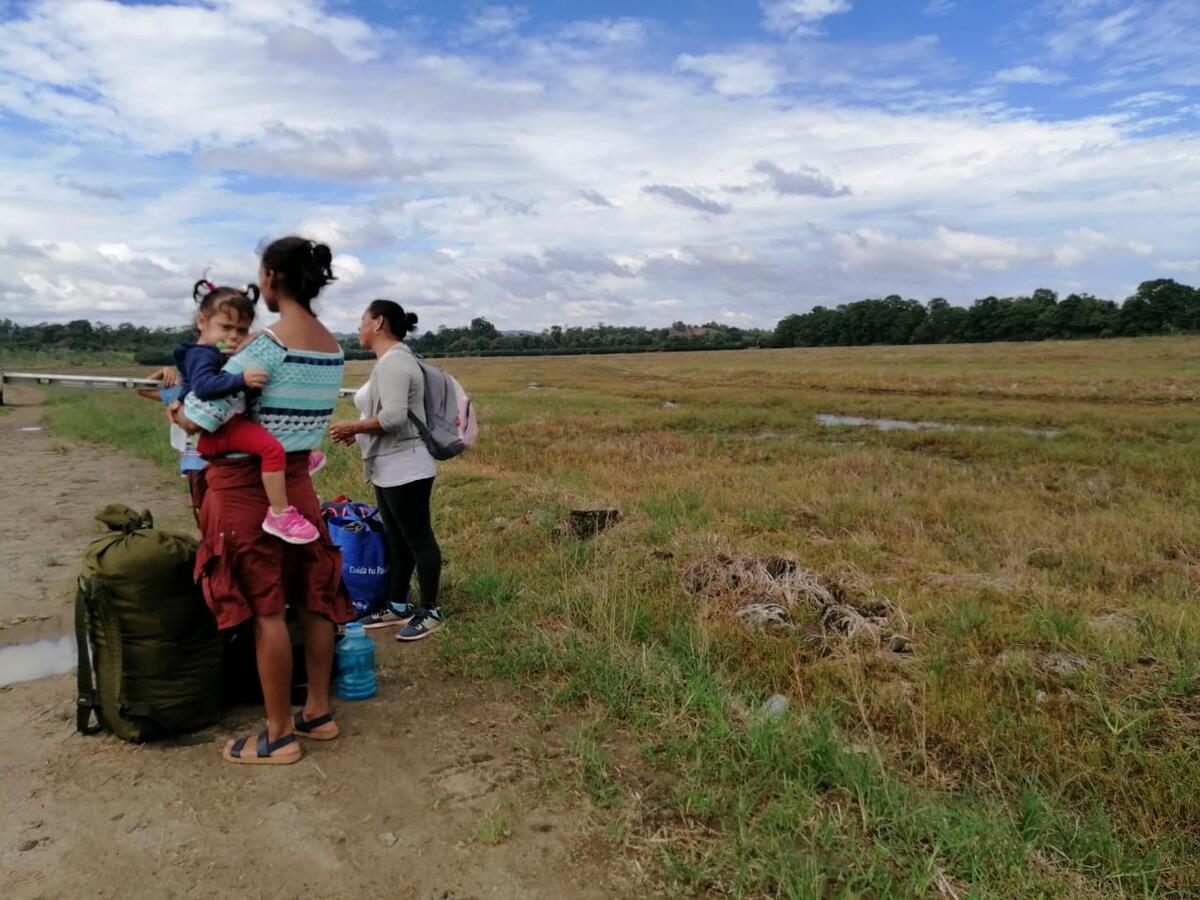Two years of political and social crisis in Nicaragua force more than 100,000 to flee
Two years of political and social crisis in Nicaragua force more than 100,000 to flee

Nearly two years after Nicaragua was plunged into a serious political and social crisis, more than 100,000 people have fled reported persecution and human rights abuses in the country, seeking asylum abroad.
Even after the initial surge of violence in April 2018 subsided, Nicaraguan students, human rights defenders, journalists and farmers continue to flee their country at an average rate of 4,000 people every month. With no resolution to the internal crisis in sight, UNHCR, the UN Refugee Agency, expects these numbers to grow.
The first stop for most Nicaraguan refugees is neighboring Costa Rica, which hosts two-thirds of all Nicaraguan refugees and asylum seekers, or some 77,000 people. Just over 8,000 have fled to Panama and another 9,000 to Europe while Mexico is sheltering some 3,600 people. An additional 5,100 are hosted in other countries, comprising a total of 103,600 Nicaraguan refugees and asylum seekers worldwide to date.
Since October 2019, Costa Rica, with support from UNHCR, has streamlined refugee status determination procedures for common profiles of those known to be persecuted in Nicaragua which is reducing the time for people to be recognized as refugees, granting them protection.
Through an agreement with UNHCR, Costa Rica has also allowed access to the public health care system to 6,000 of the most vulnerable asylum seekers. These include people with chronic conditions or disabilities, those in need of surgery, torture survivors and people living in extreme poverty.
Under a Regional Comprehensive Refugee Response Framework to address the challenges of forced displacement in and from Central America, known as the MIRPS, UNHCR coordinates with government authorities and other UN agencies to monitor cross-border movements and respond to protection and humanitarian needs of those fleeing Nicaragua. This also includes the provision of health care, psychological support, shelter and food assistance.
For more information on this topic, please contact:
- In Mexico, Sibylla Brodzinsky, brodzins@unhcr.org, +52 55 8048 5054
- In Panama, William Spindler, spindler@unhcr.org, +507 6382 7815
- In Panama, Diana Diaz, diazdi@unhcr.org, +507 6646 3469
- In Geneva, Shabia Mantoo, mantoo@unhcr.org, +41 (22) 739 7138








